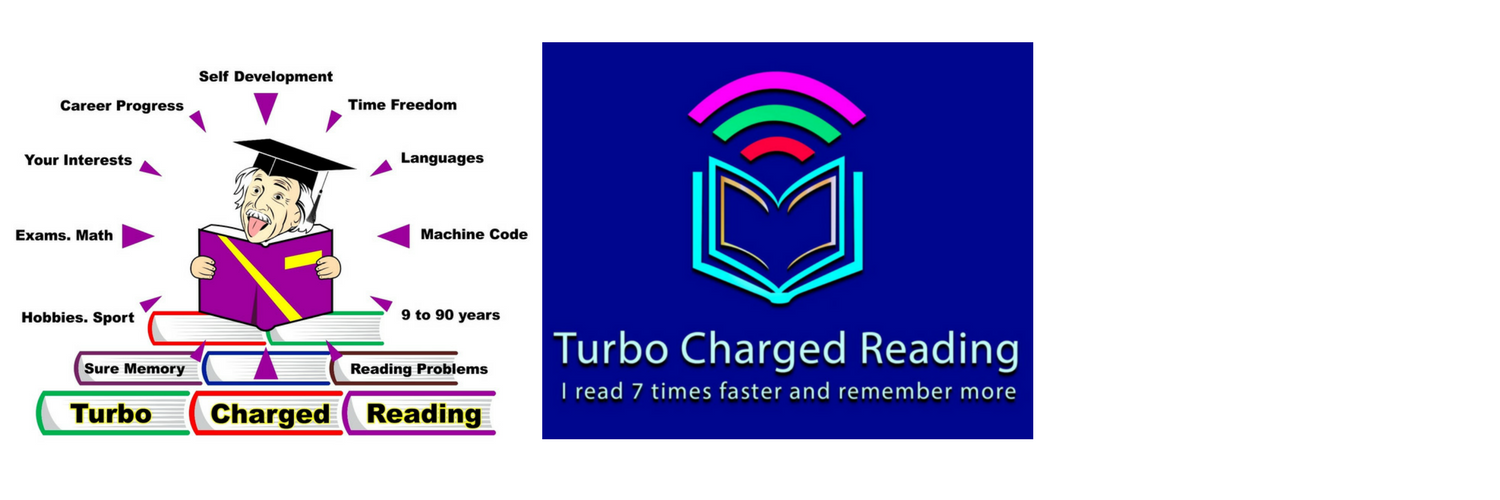What to Know About
Reading
Janelle Cox
Elementary Education Expert
As teachers, we know that it is essential that our
students not only learn to read
but that they enjoy it as well. Here you will get the
facts of this important literacy development
and why so many students struggle.
A Great Number of
Children Struggle with Reading
According to the National Assessment of Educational
Progress (NAEP) thirty-three percent
of American fourth graders read below the basic reading
level (NCES, 2009).
Some students struggle because they have received
inadequate reading instruction,
while others struggle because of risk factors as a child,
or a developmental disability.
Whatever the case may be, children are struggling and as
teachers we need to closely monitor
these children and intervene to prevent any further
reading difficulties.
Learning to Read
is No is Easy Feat
Reading is hard and complex and is a skill that has to be
developed over a period of time.
You must be able to identify words, put them together and
make meaning from print.
Think about all of the components that go into reading:
print awareness, sounds of speech,
phonemic awareness, fluency, vocabulary,
comprehension, spelling, writing, and the list goes on.
Families Play a
Very Important Role in Students’ Reading Success
Research shows that children who are read to by a family
member are more likely to
identify the letters from the alphabet, compared to those
who are read to less frequently.
It's unfortunate for those students who do not get the
luxury of being read to as a child.
This proves that it is essential to push for parental
involvement
and teachers can do this by discussing the benefits
of reading with parents.
Educators Should
Teach Reading with a Goal in Mind
The best educators teach reading with an end goal in
mind.
They understand that in order for young children to read
they need to include phonics, fluency, vocabulary and comprehension into
their everyday activities.
Preschool Matters
What students learn before they enter school will help
predict how easily they will learn
while in school. General knowledge and understanding of
print, being to recognize letters
and/or words, is all important. Here is a kindergarten
readiness checklist.
Reading is Tied to
When Students Talk
Did you know that reading is tied to when a child learns
to talk and listen?
According to Reading rockets.org they say when a child is
talked to as child from a family member
or caregiver they are building their vocabulary and
communication skills all of which helps them develop their words. When children
are read to, sang to, and talked to they are developing
phonemic awareness
which helps them become a better reader when they are older.
Struggling Readers
Can Succeed
According to research (Lyon,1997) prevention and early
intervention can increase reading skills
to average reading levels. So, struggling readers can
succeed with the help of a reading program
and / or a highly trained teacher. However, studies show
that in order for struggling students
to increase their reading skills, instruction needs to
combine the following: phoneme awareness, phonics, spelling, reading fluency,
and reading comprehension strategies.
Teaching students
to read takes a village.
Families, teachers, caregivers, the community...they all
play an essential role in teaching children how to read. We all need to work
together as a team to ensure that all students can learn to read.
http://k6educators.about.com/
You can TCR specialist
and language dictionaries that are spontaneously
accessed.
I can Turbo Charge Read a novel 6-7 times faster and remember what
I’ve read.
I can TCR an instructional/academic book around 20 times faster and remember what I’ve
read.
A
practical overview of
Turbo Charged Reading YouTube
How to choose a
book. A Turbo Charged
Reading YouTube
Emotions
when Turbo Charged Reading YouTube
Advanced Reading Skills Perhaps you’d like
to join my FaceBook group ?
Perhaps you’d like to check
out my sister blogs:
www.innermindworking.blogspot.com
gives many ways for you to work with the stresses of
life
www.ourinnerminds.blogspot.com
take advantage of business experience and expertise.
www.happyartaccidents.blogspot.com
just for fun.
To quote the Dr Seuss
himself, “The more that you read, the more things you will know.
The more that you learn; the
more places you'll go.”
















